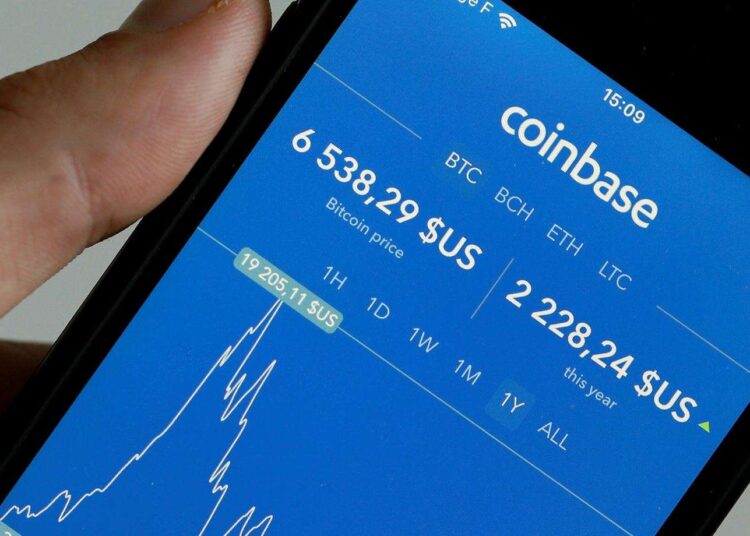- The SEC and Coinbase met in a New York court to square off on whether the listing of Solana, Filecoin and others violated securities laws, with both parties failing to land any fatal blow.
- Coinbase argued that Solana buyers have the same expectations as Bitcoin owners, yet SEC has exempted BTC; SEC argued that the Howey test is clear and the exchange is in breach.
Are Solana, Polygon, Filecoin and Cardano securities under US laws? This was the question at the heart of a court battle on Wednesday between the SEC and America’s largest crypto exchange, Coinbase. The two entities locked horns over whether the exchange had violated securities laws, but neither party landed any fatal blow on its opponent.
SEC sued Coinbase in June last year, accusing the exchange of operating an unregistered national securities exchange, broker, and clearing agency. On Wednesday, legal teams for both sides matched up at the Southern District of New York to present their cases. At the centre of the back and forth was whether these cryptos were securities and under the purview of the SEC.
The SEC was represented by Patrick Costello, its assistant chief litigation counsel. He told Judge Katherine Polk Failla that the crypto tokens weren’t intrinsically securities. However, when investors purchased them on Coinbase, they expected profits from the efforts of the teams behind these projects. These teams, like IOG for Cardano’s ADA or Solana Labs for Solana’s SOL, often promote these tokens to boost prices.
“One cannot be separated from the other one,” Costello said.
William Savitt of New York-based corporate legal giant Wachtell, Lipton, Rosen & Katz led the Coinbase team. He refuted that there’s no outright investment contract on the exchange between traders. He urged Judge Faila to consult Judge Analisa Torres’ ruling in the case between Ripple and SEC. Judge Torres ruled that XRP sales on the secondary market—such as on Coinbase—didn’t amount to security sales.
Coinbase: We Don’t Offer Securities
Savitt argued that by coming after Solana, Cardano and co., the SEC would be encroaching on a dangerous territory where it can designate any asset to be a security. What’s to stop the agency from declaring that collectables, such as Beanie Babies, are also securities?
The argument spilt onto Coinbase’s staking products, which it paused in some states following a regulatory crackdown. According to the exchange, all it does is stake the coins on behalf of the owners; it doesn’t own any of the staked tokens.
Judge Failla remained objective and neutral all along, grilling each party with equal enthusiasm. However, she was careful not to make any ruling, noting that the Major Questions Doctrine bars judges from making any major policy calls unless under the approval of Congress. This doctrine protects the power of the legislative arm to make laws.
The judge stated:
I worry that I am, in my own lane, doing exactly the thing that you’re arguing the Commission is doing here, which is to take power I don’t have to stop activity I shouldn’t be stopping. I do have a concern about not recognizing someone’s authority to do something in this space. The answer may be that I’m just out of luck until Congress acts.
Judge Failla declined to make any ruling and asked for more time to evaluate each side’s argument.
Crypto News Flash does not endorse and is not responsible for or liable for any content, accuracy, quality, advertising, products, or other materials on this page. Readers should do their own research before taking any actions related to cryptocurrencies. Crypto News Flash is not responsible, directly or indirectly, for any damage or loss caused or alleged to be caused by or in connection with the use of or reliance on any content, goods, or services mentioned.
Credit: Source link












































